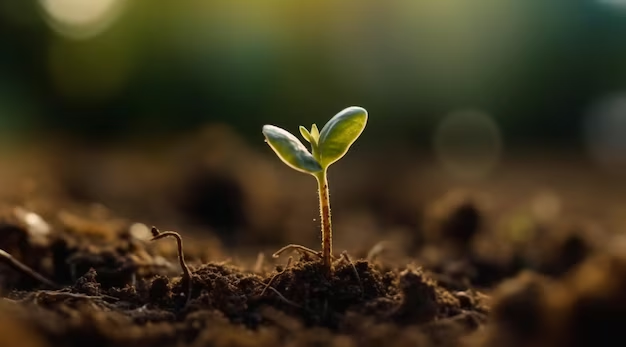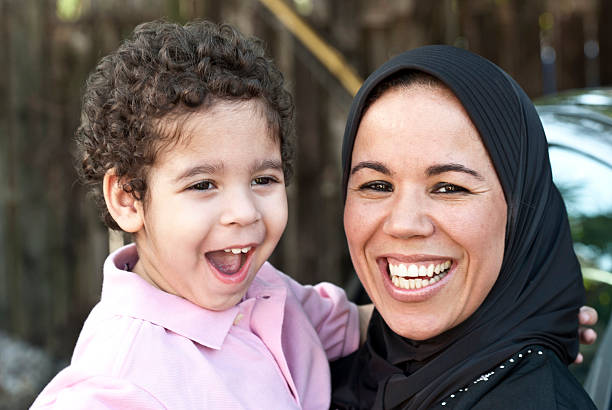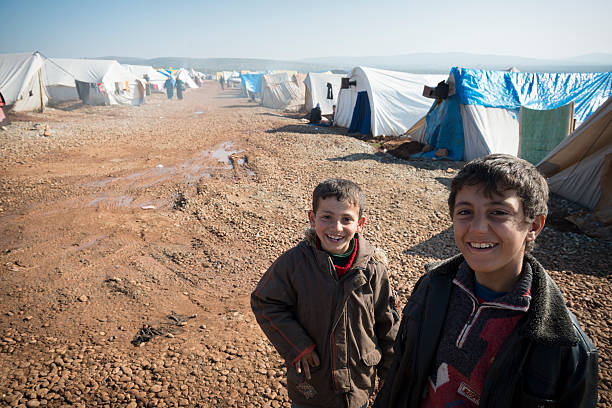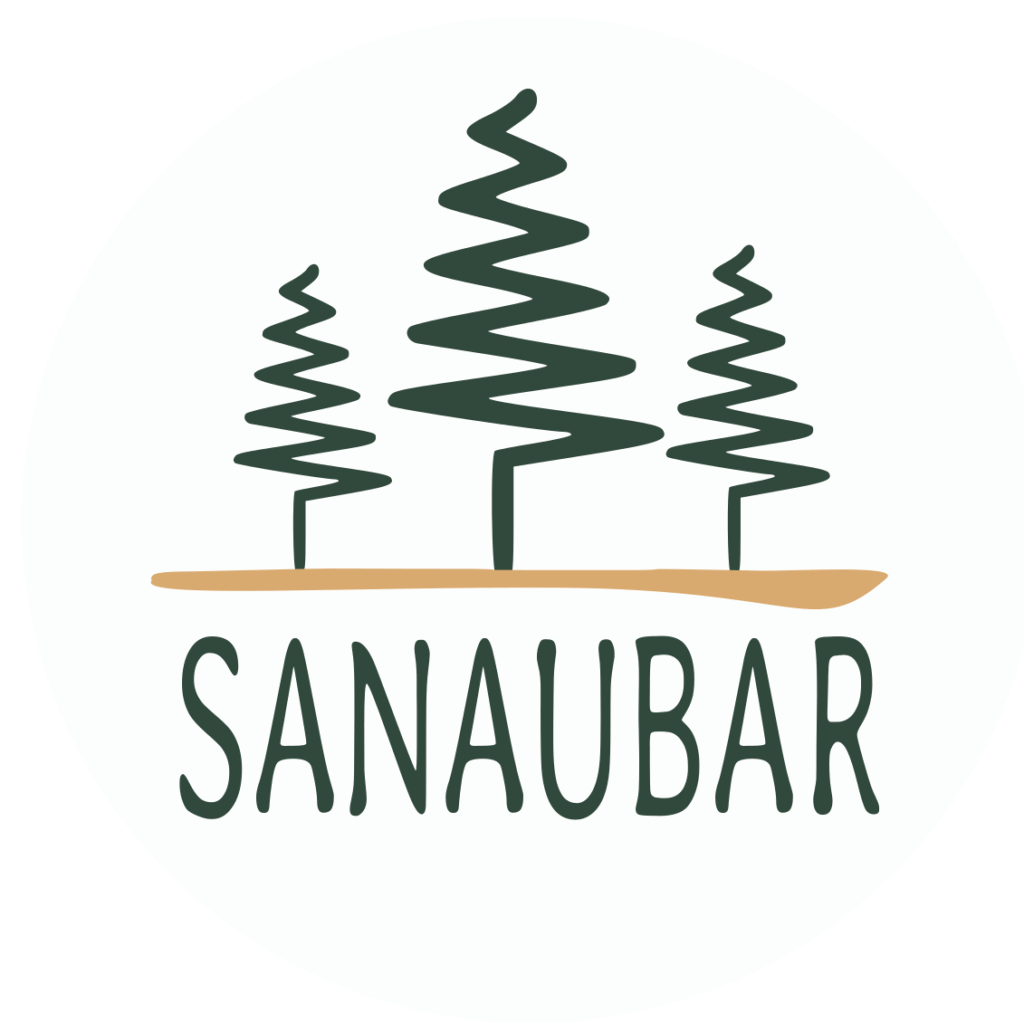
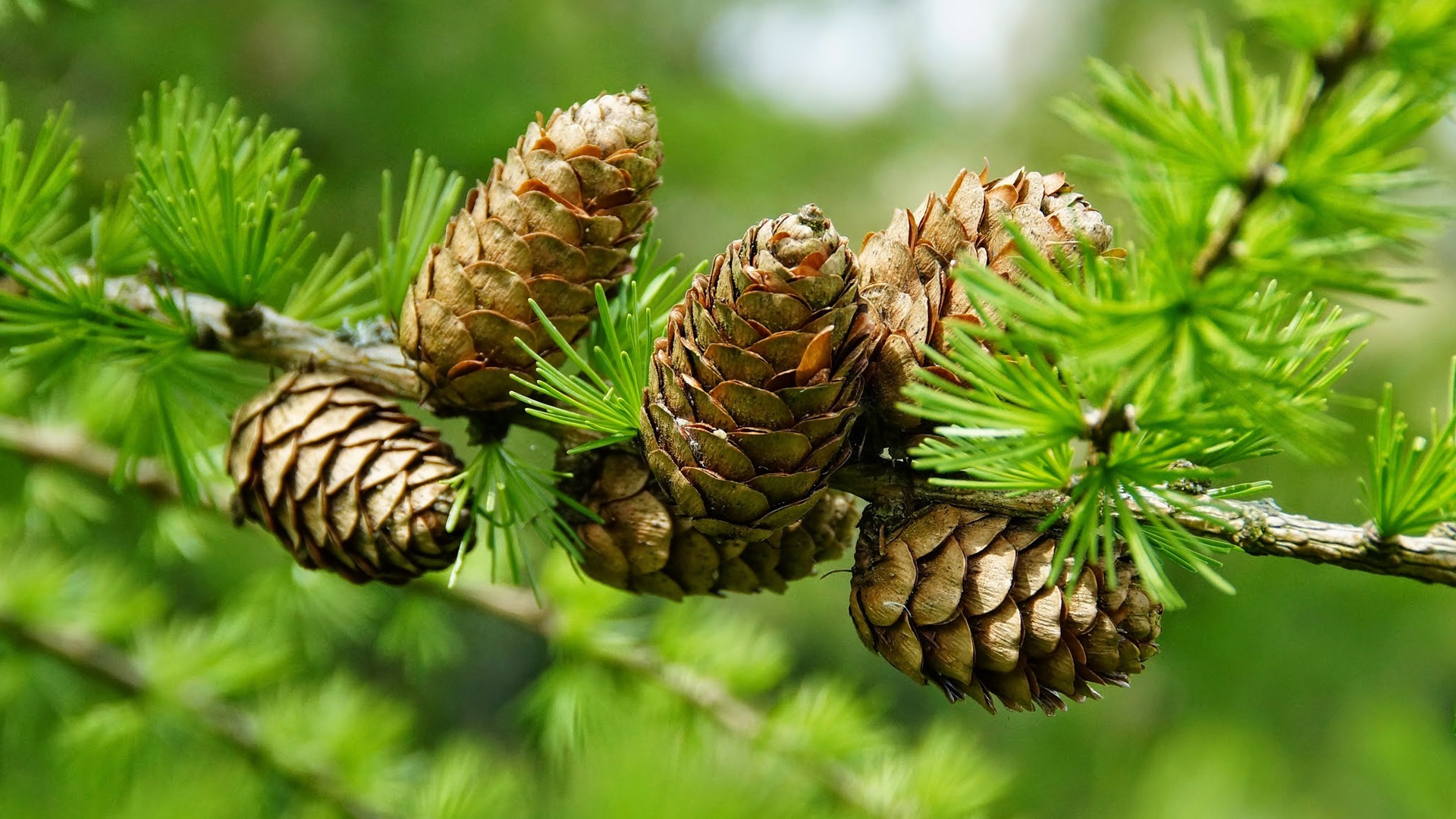

Get in touch to share your needs and goals

We design a customized sustainable solution

Training, farming, or community activities begin

Ongoing guidance and market access for success
